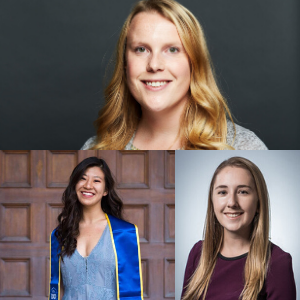By Victoria Sananikone
The National Foundation for Ectodermal Dysplasias (NFED) began the Unknown Project to help individuals with an unknown form of ectodermal dysplasia discover what type they have based on their symptoms.
This project also allows for families to learn more about their condition. Ultimately, it provides an environment where they can find comfort in knowing that they are not alone in their diagnostic journey. Three special individuals are dedicating their time and expertise to help us meet our goals for the Unknown Project.
Meet Our Volunteers
Haley Bottino is a graduate from the Human Genetics and Genetic Counseling Master’s Program at Keck Graduate Institute in Claremont, California. Born in Santa Clarita, California, Haley is pursuing her passion for pediatric genetics. She assists families through their genetic testing journeys.
Studying genetics consumes a lot of her time. But, when she isn’t studying, she enjoys binge watching shows on Netflix, playing slow-pitch softball, and walking her dog, Wolfy.
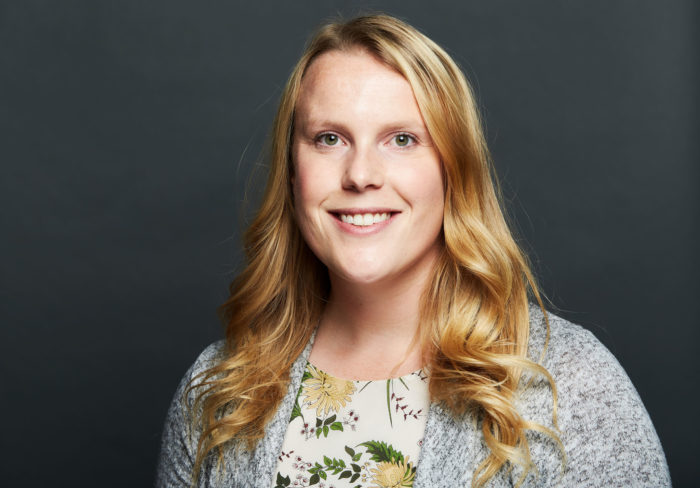
Haley first began her volunteer work with the NFED in May of 2019. She’s been an asset to the Unknown Project. Her role in the project has involved calling members of the NFED family. These families’ records indicated that they didn’t have a specific diagnosis of what type of ectodermal dysplasia they have.
She updates their information and explains to these individuals what the Unknown Project is. She then discusses options that are available to them to pursue genetic testing through this project.
“Genetics is my passion,” Bottino said. “This sounded like an incredible and important opportunity to use my passion to help the NFED identify members who are interested and/or would benefit from genetic testing. I think this project is a wonderful avenue for members and families to understand their unique type of ectodermal dysplasia.”
Learning From Challenges
For Haley, a challenging aspect that has come from this project would be hearing the parents of children affected by ectodermal dysplasias discuss the obstacles and difficulties that their kids face. Due to their conditions, these kids may miss out on a lot of opportunities that most kids their age would experience. Although their stories are tough to hear, they have educated and inspired Haley to research inclusive opportunities for children with ectodermal dysplasias.
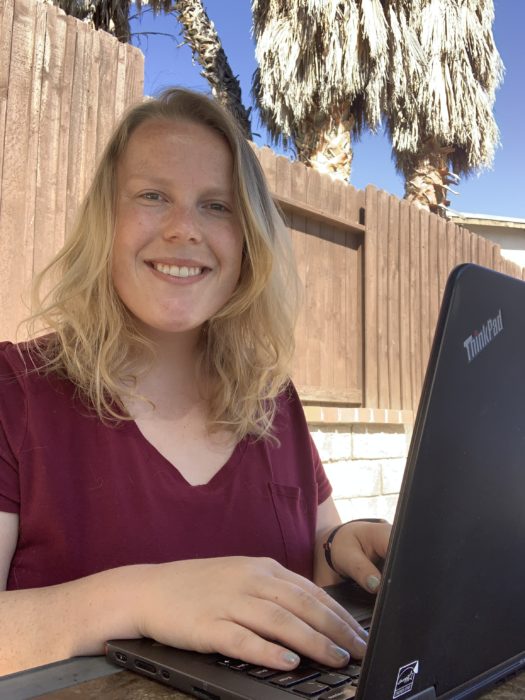
“Taking on this role has taught me about the many different challenges that families with ectodermal dysplasias experience,” Bottino said. “As a genetic counselor, I believe that hearing the members’ stories will allow me to be a better counselor for families with ectodermal dysplasias that I meet in the clinic.”
From her experience with volunteering with the NFED through the Unknown Project, Haley has learned that no two members are the same. Everyone has a unique background, a unique diagnosis, and a unique story that deserves to be heard.
“I would highly recommend volunteering with the NFED,” Bottino said. “NFED leadership are so kind and helpful. They are appreciative of any and all help that they receive. It has been incredible to witness the measures that they go to support, educate and encourage their members. Volunteering with the Foundation is definitely a worthwhile endeavor.”
A Passion for Genetics and Volunteering
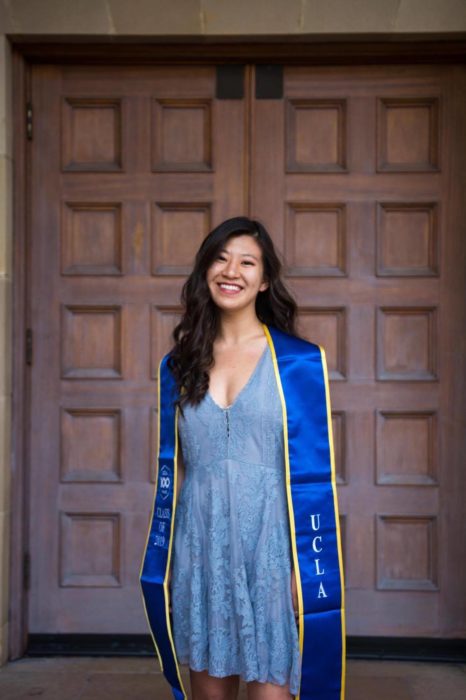
Similar to Haley, Josephine Gao is a genetic counseling student at Keck Graduate Institute. Josephine was raised in the Bay Area, and she recently graduated from the University of California, Los Angeles. This lifelong Californian has had a lot of diverse experiences throughout her life, which sparked a passion for education and serving her community.
Josephine signed up to volunteer with the NFED at the beginning of her first semester of graduate school. After a few conference calls and finalizing, she began making phone calls in April to those who have ectodermal dysplasia. Josephine’s work has aided the Unknown Project in reaching those with ectodermal dysplasia who are searching for a diagnosis. She calls these individuals and discusses their symptoms.
“My program director introduced me to this organization,” Gao said. “I thought volunteering would be a unique opportunity to learn more about this genetic condition and how it affects families.”
Hope for The Future
Listening to the stories of those affected and offering hope through the Unknown Project has reaffirmed Josephine’s career decision to become a genetic counselor.
“After assessing their eligibility for the Unknowns Project, I help educate them and direct them to resources to find out more about it,” Gao said. “I learn about how resilient people and families can be. The experience has given me so much more depth in understanding ectodermal dysplasias than what we could possibly cover in school. This condition is so complex and variable; it can affect the daily life of patients far beyond the physical health manifestations”
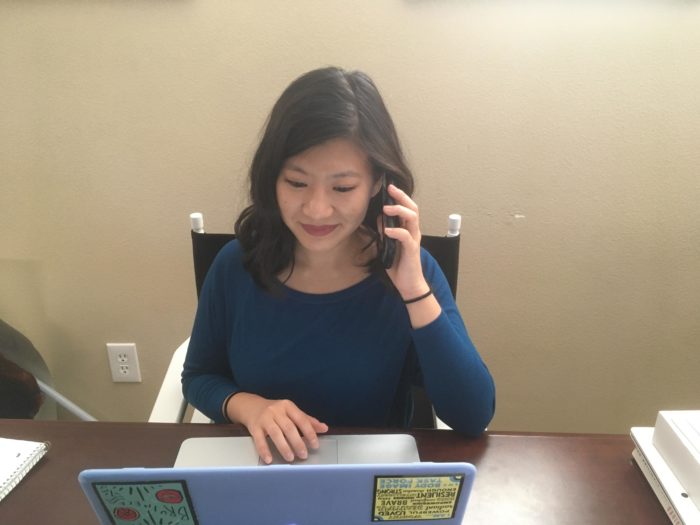
Volunteering is anything but foreign to Josephine, and it has taught her to take initiative. The process of making tons of phone calls can be tedious, but every conversation that she has had with members of the NFED has been pleasant.
Speaking with confidence and building rapport with strangers has not always been Josephine’s strong suit. By conversing with the diverse members of the NFED from all over the country, Josephine has strengthened her professional communication skills.
“Volunteering with the Unknowns Project is a great way to develop communication and empathy skills at your own pace and without too much pressure,” Gao said. “I have learned so much about ectodermal dysplasia, including its challenges and what families need, which I hope can help me understand other families as well.”
Skilled in Genetics
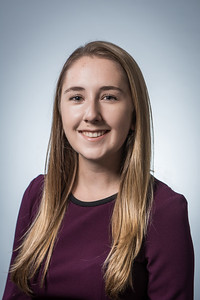
Katie Schwan is a genetic counselor from Southern California. She loves to travel, hike, read, and spend time with her dog, Charley. When she was a genetic counseling student, her program director notified her and her classmates about the opportunity to work with the Unknown Project at the NFED. Katie began her volunteer work in May, and she has helped us tremendously to reach our goals with the Unknown Project.
“I have heard how great this organization is from the patient advocacy conferences I have attended, and I was eager to be part of their team,” Schwan said. “My favorite part has been contacting the NFED members and learning more about their stories. I really enjoy talking with them and I am thrilled to be involved with a rare genetic disorder patient advocacy organization.”
The Impact of Volunteering
The most challenging aspect from the Unknown Project has been the virtual nature of Katie’s position. Reaching NFED members over the phone was difficult, and the inability to speak to them face-to-face was also nerve-wracking, she said. However, even though she can’t see them face to face, Katie has been able to support the families and individuals with ectodermal dysplasias during this pandemic.
“This role has enhanced my communication and interpersonal skills,” Schwan said. “I think it is a really great experience to be part of a patient advocacy organization, to learn more about patients’ stories and experiences, and to give back to the community.”
Katie’s favorite quote is powerful truth by Brené Brown.
“We don’t have to do all of it alone. We were never meant to.” – Brené Brown
Thank you, Haley, Josephine and Katie for all of your hard work!
